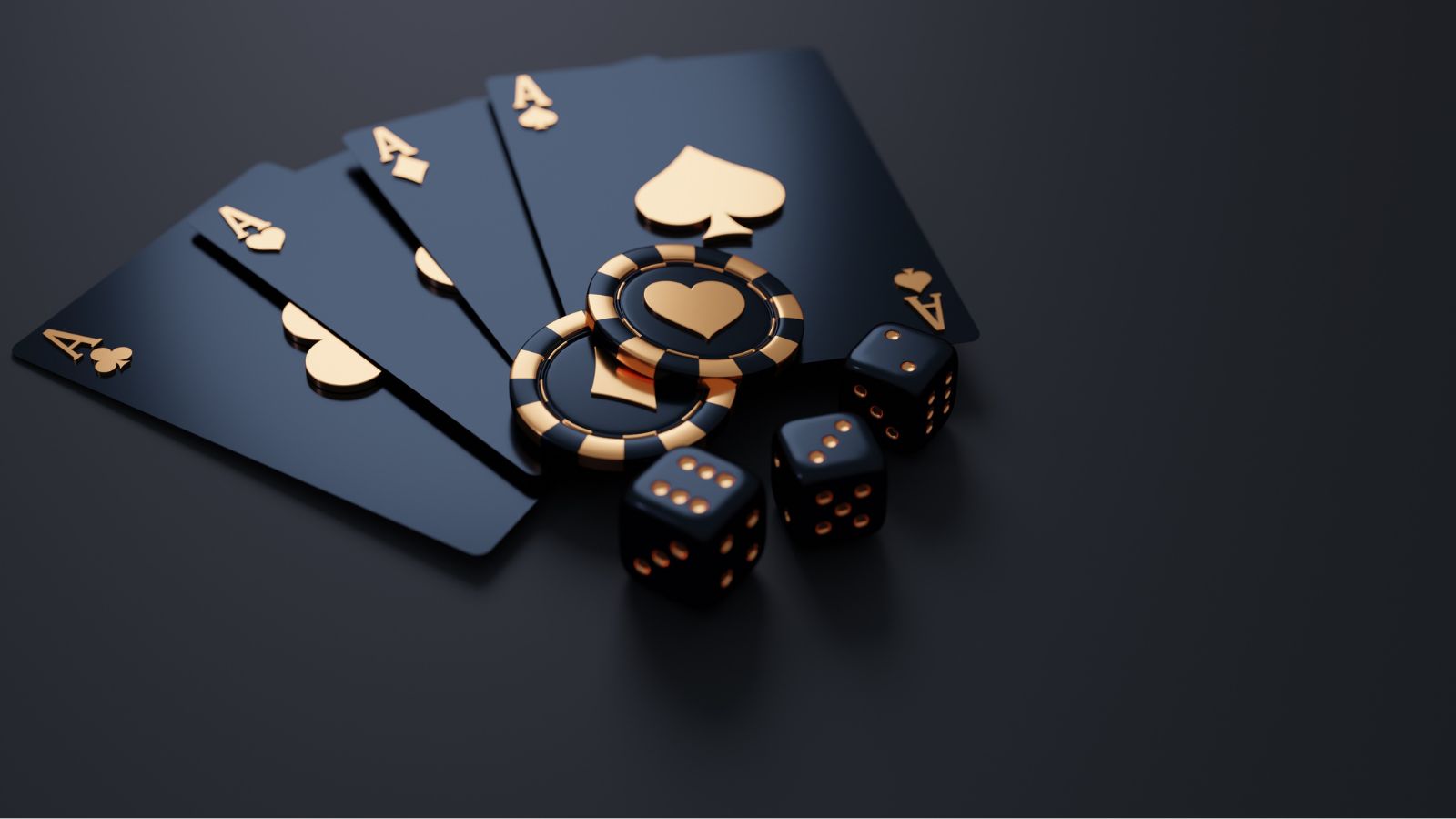Casino games have been a popular way to try your chances for centuries, with some dating back hundreds of years. While you’ll find many modern ways to play digitally, with popular themed games like Age of the Gods Slots or Lightning Roulette, the core mechanics of games like Blackjack, Roulette and Slots remain the same. With roots in European card tables, the modern day online betgames span the entire world into markets like South Africa.
With online casinos more closely replicating land-based games than ever before, let’s explore the history and evolution of these popular games.
Blackjack: From European Card Tables To Modern Casinos
Blackjack is believed to have evolved from various European card games in the 17th and 18th centuries. One of the earliest mentions appears in Spanish literature when Miguel de Cervantes, who wrote Don Quixote, referenced a game called Ventiuna – meaning twenty-one – that players enjoyed in Seville. This early version shared the same goal as modern Blackjack – to reach 21 without going over.
A French variant known as Vingt-et-Un, which also translates to twenty-one, became popular at the French court during the 1700s. This version is thought to have introduced the concept of the dealer standing on certain totals and players betting against a banker.
Then, in the 20th century after reaching North America, the game became known as Blackjack thanks to a promotional rule where holding the Ace of Spades with a black Jack earned the winner a bonus payout.
Over time game rules have been standardised, though you’ll still find variations like European Blackjack and Pontoon available to play today.
Roulette: The Iconic Wheel Of Chance
Despite stories of ancient Greek and Roman soldiers betting on spinning chariot wheels, Roulette’s beginnings often date back to 17th-century French mathematician Blaise Pascal. Pascal is known to have created an early version of the spinning wheel while trying to build a perpetual motion machine. Though his attempt to defy physics failed, it laid the groundwork for what later became known as the Roulette wheel.
By the 18th century, Roulette had risen in popularity in French casinos, mixing elements from earlier Italian games like Biribi and Hoca. Early versions used wheels featuring two double zero pockets. However, in the 1840s, French brothers François and Louis Blanc introduced a single-zero Roulette wheel in Hamburg, Germany, which lowered the house edge. This version later became the standard across most of Europe, taking centre stage in the earliest days of the iconic Monte Carlo casino. The double-zero variation remained the favourite choice in North American casinos.
Today, you’ll find two main types of Roulette – European (single-zero) and American (double-zero), each offering slightly different odds and layouts.
Slots: From Mechanical Bells To Digital Reels
Slots date back to late 19th-century America. The earliest versions were mechanical, with the “Liberty Bell” created by Charles Fey in San Francisco in 1895, being classed as the first slot machine. While there were variations of chance-based Poker machines beforehand, this machine featured three spinning reels and five symbols – horseshoes, diamonds, spades, hearts, and the Liberty Bell. The aim was to match symbols on the reels by pulling a lever, which triggered a spring mechanism. Lining up three Liberty Bells provided the highest payout.
Charles Fey didn’t patent his machine, meaning that as popularity grew, other manufacturers joined the market. The Mills Novelty Company made a key innovation by introducing fruit symbols in the early 20th century. These machines offered prizes in the form of gum or sweets for matching combinations, meaning operators could work around anti-gambling laws at the time.
The shift from mechanical to electronic machines began in the 1960s, eventually leading to video Slots in the 1980s and online versions in the late 1990s. Modern Slots now use random number generators (RNGs) to ensure each spin’s outcome is independent and can’t be predicted. This evolution has created a wide range of themed games that still rely on the basic principle of matching symbols on a payline.
Casino Games That Stand The Test Of Time
The historical journey of these iconic games of chance mirrors broader shifts in modern-day technology and regulations. While formats have changed and more variations have become available, the basic principles of the games were established long ago, and they still stand today.




More Stories
Why Sweeps Casino Players Love Promo Codes
Civiliden LL5540 PC: Unleash Gaming Power with Stunning Design & Performance
New Software RCSDASSK: Revolutionizing Productivity with Task Automation and Collaboration